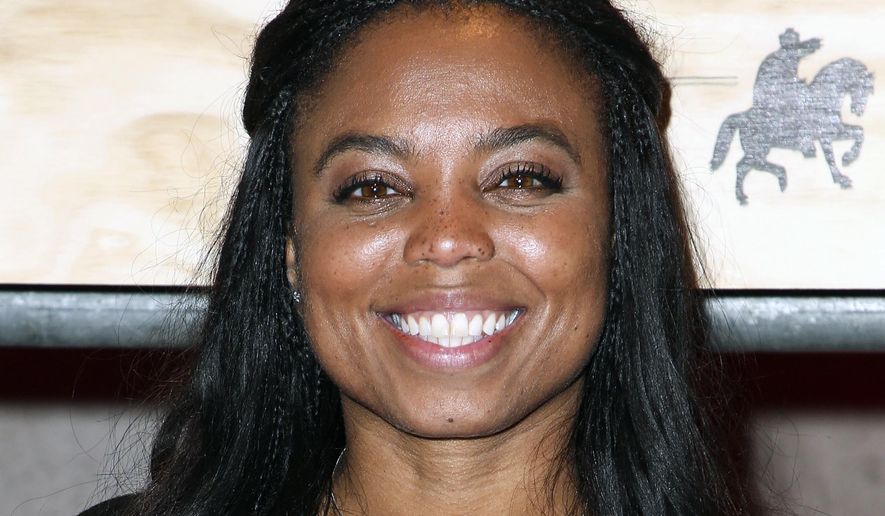OPINION:
The art of the apology has become junk science, particularly in the entertainment business. Calibrating an apology is hard work, figuring out to whom the apology is aimed, and how much of it is sincere. A rule of thumb is that apologies are spoken to the wind, and none of them are sincere.
ESPN, the sports network, is part of Disney entertainment enterprises, and last week one of its “anchors,” a $1.98 cent word for “announcer,” or “reader,” had to be disciplined by the network for telling her semi-vast following that “Donald Trump is a white supremacist who has largely surrounded himself w/other white supremacists.” She said it in a tweet, naturally, the preferred communication of those unable to speak words of more than one syllable.
She offended a lot of people, or at least some people. How could she not? Taking offense is the great American pastime. Ms. Hill is, of course, entitled to her opinion, however ill-informed by liberal group-think, but she should have known that even as a commentator, entitled to pop off about whatever pops into her mind, she should beware of making a fool of herself.
But ESPN wanted to appear to do the right thing. “The comments on Twitter from Jemele Hill regarding the president do not represent the position of ESPN,” the network averred the next day, though anyone who watches ESPN might think that Miss Hill was right in line with the network views. “We have addressed this with Jemele,” the network said, “and she recognizes her actions were inappropriate.”
That was not enough for the White House. The president’s press secretary, Sarah Huckabee Sanders, said Miss Hill’s remarks should be “a fireable offense.” You might think that a president would consider the source and let it go.
Miss Hill then said she regretted that her “personal beliefs” had “painted ESPN in an unfair light.” ESPN said she had acknowledged that her tweet was perceived as “speaking on behalf of ESPN” and apologized for it. The network “accept[ed] her apology.”
Miss Hill subsequently implied, or hinted, that the network’s headache, which was something short of a migraine, stemmed less from her tweet than from the reaction of bigoted viewers upset by the increasing sexual and ethnic diversity of ESPN’s “anchors” and other speakers.
ESPN, which sometimes aspires to the less than lofty standards of television journalism, wants to appear to be “appropriate.” This is the network that reassigned a play-by-play announcer named Robert Lee from a University of Virginia football game lest its impressionable viewers think the late Confederate general of similar name had returned from his mortal rest for duty in the press box.
Some offenses (and offenders) are more equal than others at ESPN. In April, as the network was laying off about 100 employees in the face of declining revenue, it briefly suspended Linda Cohn, a 25-year employee, for acknowledging in a New York radio interview that the network’s losses could be fairly attributed to ESPN’s growing reputation as a left-wing network.
“That is definitely a percentage of it,” Miss Cohn said of the loss of 10 million subscribers over a four-year period. I don’t know how big a percentage, but if anyone wants to ignore that fact, they’re blind.”
President Trump, ever ready to fire back at slights, real or imagined, tweeted that “ESPN is paying a really big price for its politics (and bad programming). People are dumping it in RECORD numbers. Apologize for untruth!”
Demanding an apology is clearly a waste of presidential time. The public is perfectly capable of assigning proper worth to the remarks of an ESPN “anchor.” Besides, any apology offered as a result of demand is not really an apology. Who wants one of those?




Please read our comment policy before commenting.